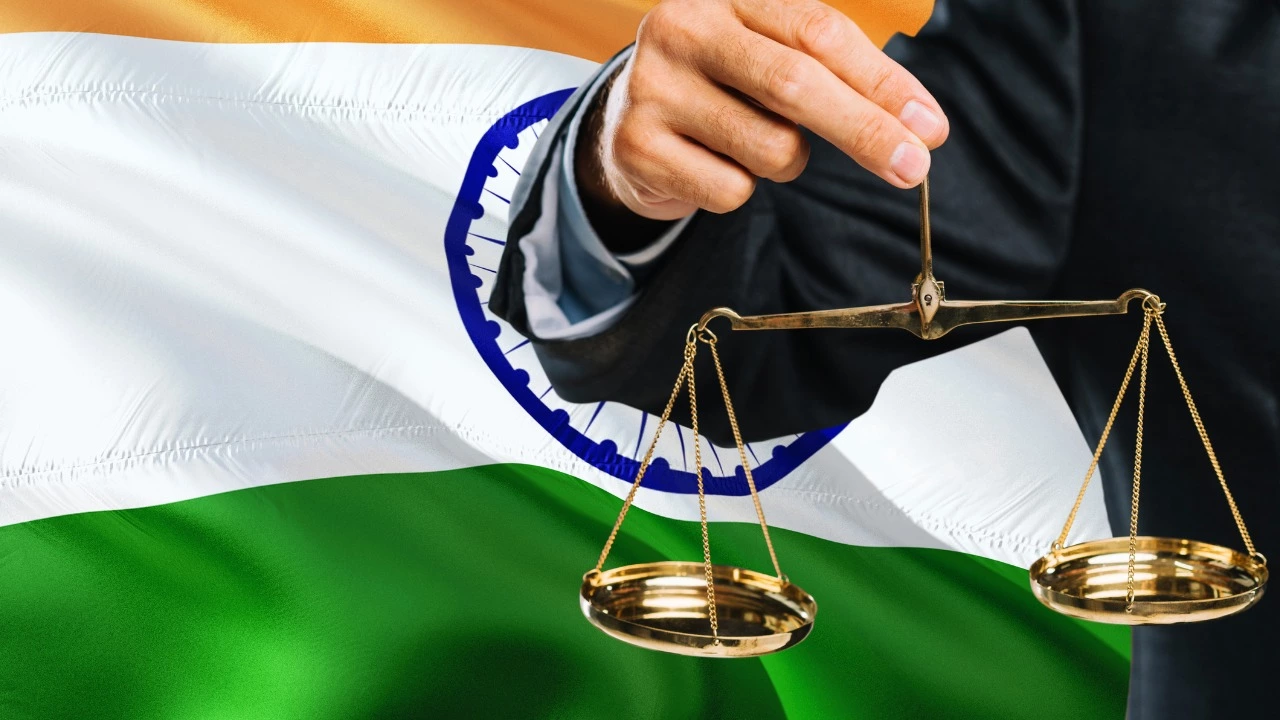Legal Advice & Information — Practical help for everyday legal questions
Most people treat legal problems like a maze. You can get stuck fast if you start in the wrong place. This category gives simple, straight answers to common legal questions — like where to file a case, what documents you need, and when a lawyer is necessary.
What you can expect here
Short, practical posts that explain real steps you can take today. Want to know if you can file directly in the Supreme Court of India? Read our clear guide that says the Supreme Court mainly hears appeals and big constitutional issues — so you usually begin at lower courts. Other posts cover timelines, basic paperwork, and how courts work so you can act fast and avoid common mistakes.
Quick steps before you act
Gather evidence first. Put dates, receipts, messages, and any official papers in one folder. Missing proof is the most common reason cases fail early.
Check limitation periods. Many claims have a deadline. If you miss it, the court may refuse to hear your case even if you’re right.
Figure out the right court. Most disputes start in local or district courts. The Supreme Court and high courts handle appeals or big legal questions. If you’re unsure, a quick consult with a lawyer or a legal aid clinic saves time.
Draft a short timeline of events. A clear timeline helps your lawyer prepare a case fast and keeps your costs down.
Use free initial advice wisely. Many bar associations and NGOs offer one-off consultations. Use that meeting to confirm jurisdiction, limitation period, and likely remedies.
Keep costs realistic. Court fees, lawyer fees, and paperwork add up. Ask for a fee estimate and possible outcomes before you commit.
Use written communication. After any meeting, get important points in writing — an email or a short letter. That prevents misunderstandings later.
Prepare for simple alternatives. Mediation or settlement can solve many disputes faster than a full trial. Ask your lawyer whether negotiation makes sense.
When in doubt, consult a lawyer. Online articles give direction but not personalized advice. If your case risks fines, jail, major money, or business loss, seek an attorney who can review documents and give targeted guidance.
Use our posts as starting points. Each article explains what to expect and which documents matter. We aim for clear how-tos, not legal theory. If a post mentions specific rules or court names, treat it as a practical pointer — check exact forms and fees with your local court or lawyer.
Legal problems are stressful, but clear steps cut wasted time. Read the relevant post, collect your documents, check deadlines, and get a short lawyer consult before you file anything. That approach keeps you in control and cuts surprises.
Can I file a case directly in the Supreme Court of India?
Hey there, folks! So, you have a burning question - can you march right up to the Supreme Court of India and file a case? Well, hold your horses, it's not exactly a walk in the park. The Supreme Court primarily deals with appeals and cases that involve interpretation of the Constitution. So, unless your case is the legal equivalent of a Bollywood blockbuster, you'll likely start at the lower courts. So, in short, you can't just waltz into the Supreme Court with a case unless it's got some serious constitutional spice!
learn more